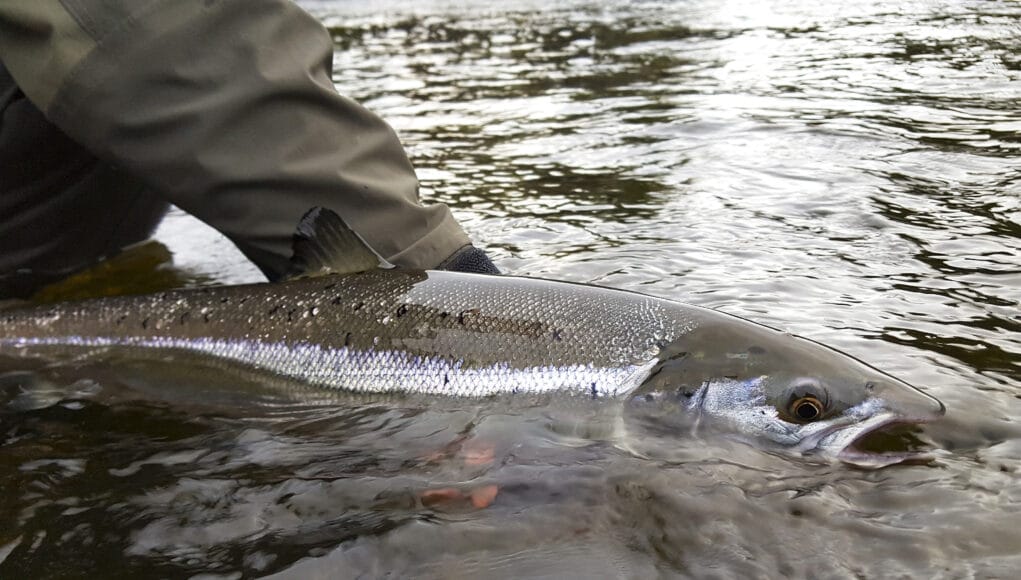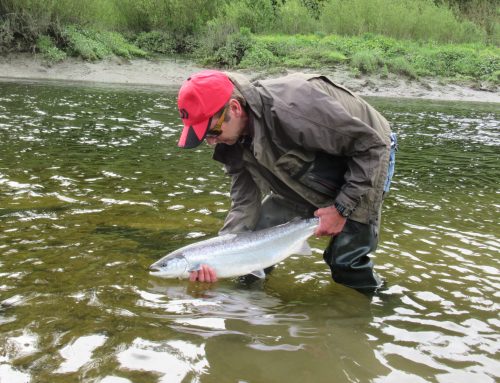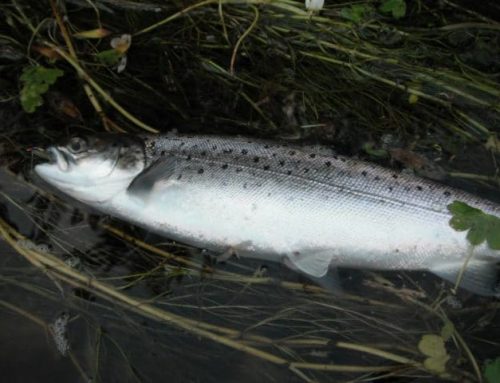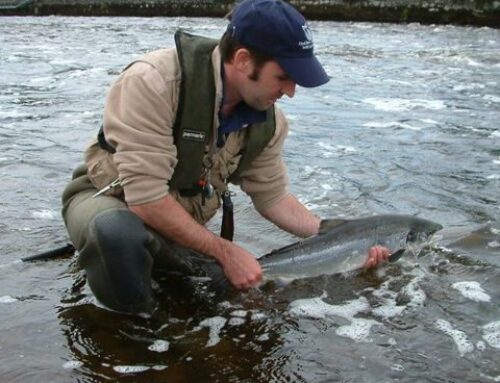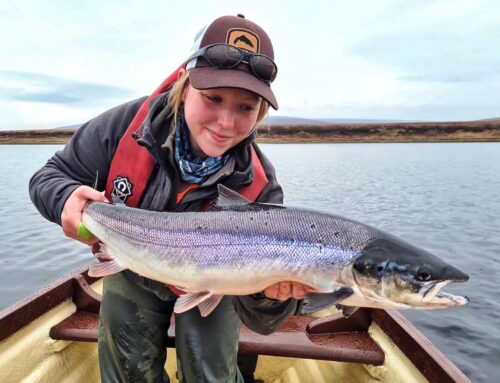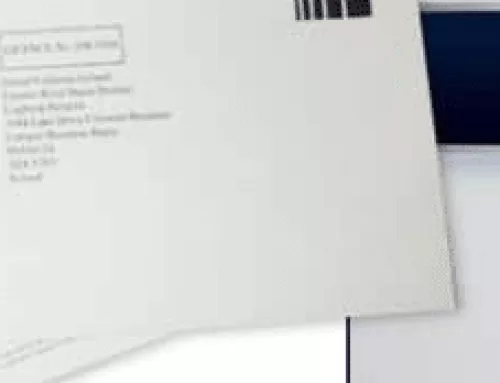Conservation Imperative key to addressing Environmental, Climate and Human Challenges Facing Stocks
The Minister for the Environment, Climate and Communications, Eamon Ryan TD, has approved legislation that will govern the wild salmon and sea trout fisheries in 2022. These will come into effect from Saturday, 1st January 2022.
Minister Ryan said: “81 rivers will be available for salmon and sea trout fishing in 2022. This will allow careful management of this important natural resource, for which conservation is paramount. 45 of the rivers will be fully open, with a further 36 available on a ‘catch and release’ basis. Improvements in stocks can only be achieved collaboratively over time and are entirely dependent on everybody redoubling our conservation efforts in the face of environmental, climate and human impacts.”
To inform the legislation for 2022, Minister Ryan received management advice from Inland Fisheries Ireland in relation to over 140 genetically individual wild salmon stocks in Ireland, which was supported by individual scientific assessments. The assessments were carried out by the Technical Expert Group on Salmon (TEGOS) – an all-island independent scientific group comprising experts from a range of bodies.
This advice was also made available as part of a statutory public consultation process. 100 written submissions were received from stakeholders during this process.
Management advice, based on the TEGOS assessment of rivers/estuaries/harbours, is that:
- 45 rivers to be open, as a surplus of fish has been identified in these rivers;
- 36 rivers to be classified as open for “catch and release” angling; and
- 66 rivers to be closed, as they have no surplus of fish available.
Minister Ryan added: “Ireland is internationally recognised for prioritising the conservation imperative as fundamental to our salmon management efforts. However, it is well over a decade since we adopted our current conservation policy. I believe the time to review and improve this policy has come. Therefore, I intend shortly to publish two policy papers on salmon for consultation. The first of these will explore new options for salmon management with conservation, and how to do it better as the key focus.
“Environmental, climate and human impacts continue to place salmon and other species at risk. I am determined that we raise awareness of all of these challenges. We will develop policy to ensure that we are doing all we can in Ireland, and as far as we can via international co-operation, to improve the resilience of our salmon.”
More information
Please see the attached document [Schedule 2 & 4 Catch Options], with schedules indicating the Open / Closed / C&R (Catch & Release) status of each river. These schedules are from the Wild Salmon and Sea Trout Tagging Scheme (Amendment) Regulations.
You can find the Inland Fisheries Bye-Laws 2021 here: https://www.gov.ie/en/publication/959b9-inland-fisheries-bye-laws-2021/.
- Wild Salmon and Sea Trout Tagging Scheme (Amendment) Regulations S.I. No. 729 of 2021
These Regulations provide for the quotas of fish that can be harvested by commercial fishing engines and rod and line from those rivers identified in Schedule 2. The Regulations also provide for the use of brown tags in specified (low surplus) rivers which are identified in Schedule 4. - Angling Bye-law No. 989 of 2021
This Bye-law prohibits the use of any fish hooks, other than single or double barbless hooks, and also prohibits the use of worms as bait in angling for all species of fish in the waters specified in the Bye-law. This is to avoid the use of hooks and baits which are not conducive to fish survival and to ensure that the objective of C&R fishing is not frustrated. - Conservation of Salmon and Sea trout (Catch and Release) Bye-law No. 990 of 2021
This Bye-law provides for catch and release in respect of salmon and sea trout (over 40cm) in rivers that are meeting at least 50% of their Conservation Limit as mentioned in the Bye-law. The Bye-law also provides for the use of single or double barbless hooks and prohibits the use of worms as bait in angling for salmon and sea trout over 40cm. - Conservation of Salmon and Sea Trout (River Suir) Bye-law No. 991 of 2021
This Bye-Law provides for catch and release in angling for salmon (any size) and sea trout (over 40cm) in the River Suir (including the waters of the Rivers Clodiagh, Lingaun and Blackwater) and also prohibits the use of worms, prawn, shrimp or any other crustacean, or artificial forms thereof, as bait and any fish hooks other than single or double barbless hooks during the period 17th March to 30th September. - Conservation of Salmon and Sea Trout (River Slaney) Bye-law No. 992 of 2021
This Bye-Law provides for catch and release in angling for salmon (any size) and sea trout (over 40cm) in the River Slaney and also prohibits the use of worms, prawn, shrimp or any other crustacean, or artificial forms thereof, as bait and any fish hooks other than single or double barbless hooks. - Conservation of Sea Trout Bye-law No. 993 of 2021
This Bye-law provides for a daily bag limit of 3 sea trout (less than 40cm in length) and provides for the use of single or double barbless hooks and prohibits the use of worms as bait once the specified number of sea trout have been caught. - Conservation of Salmon and Sea trout (Bag Limits) Bye-law No. 994 of 2021
This Bye-law provides for an annual bag limit of 10 fish being either salmon or sea trout (over 40cm) per angler and provides for a season bag limit of 3 fish in the period 1st January to 11th May, a daily bag limit of 3 fish from 12th May to 31st August and a daily bag limit of 1 fish from 1st September to the end of the season. The Bye-law also provides for the use of single or double barbless hooks and prohibits the use of worms as bait once the specified numbers of fish have been caught in the specified periods. - Conservation of Salmon and Sea Trout (Closed Rivers) Bye-law No. C.S. 332 of 2021
This Bye-law prohibits the taking or attempting to take by rod and line salmon and sea trout (over 40cm) in the rivers specified in the Bye-law.



